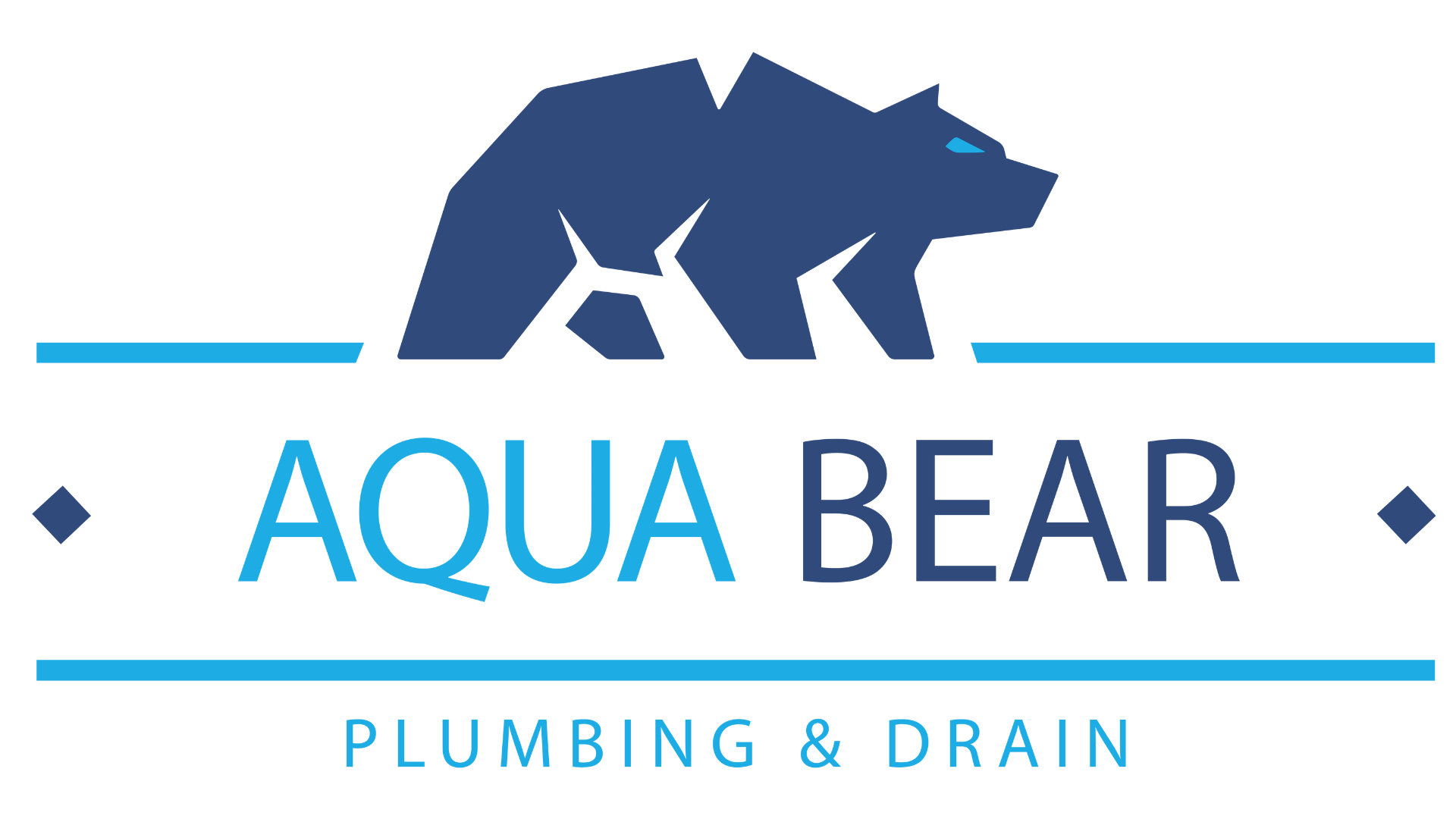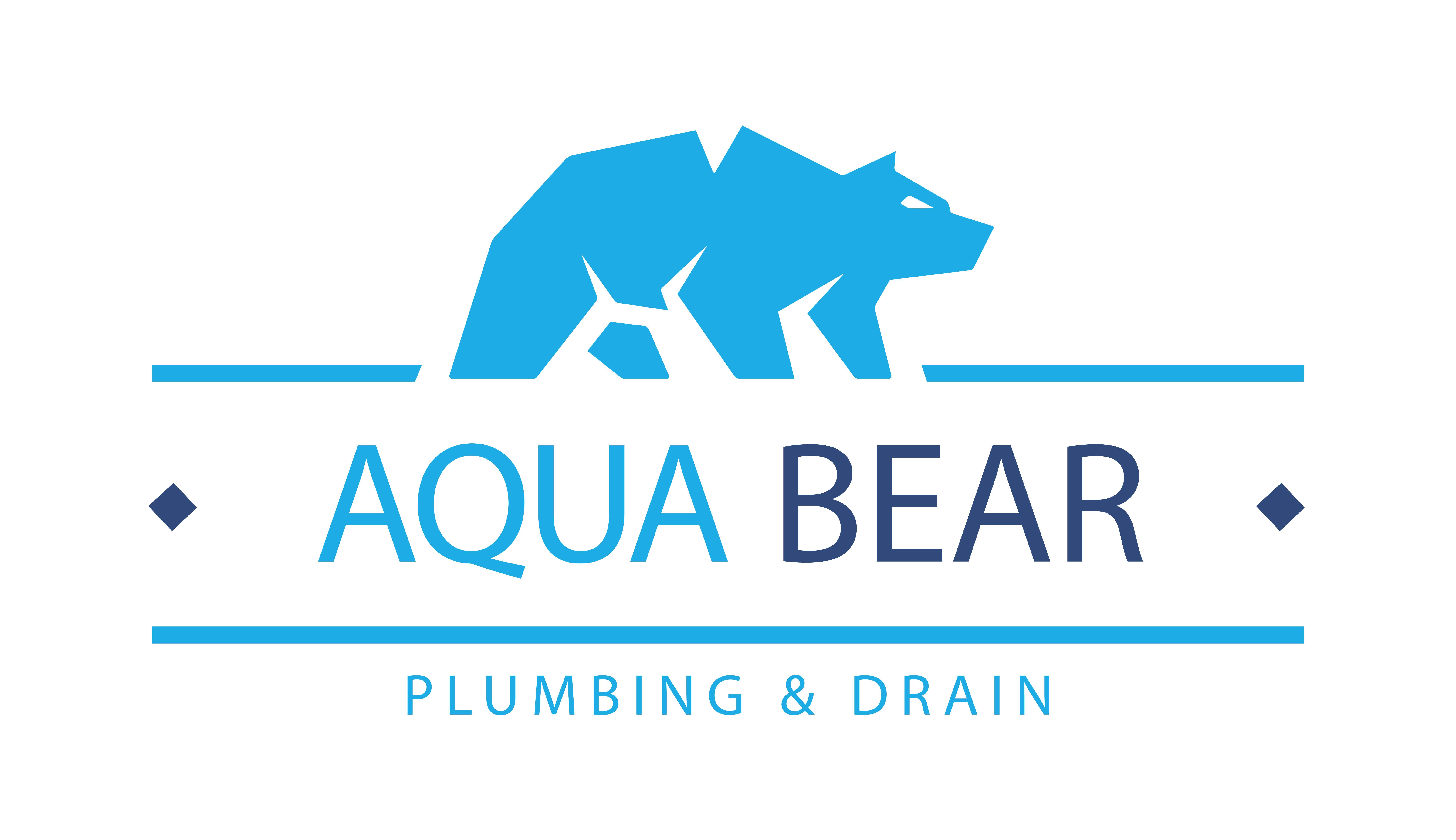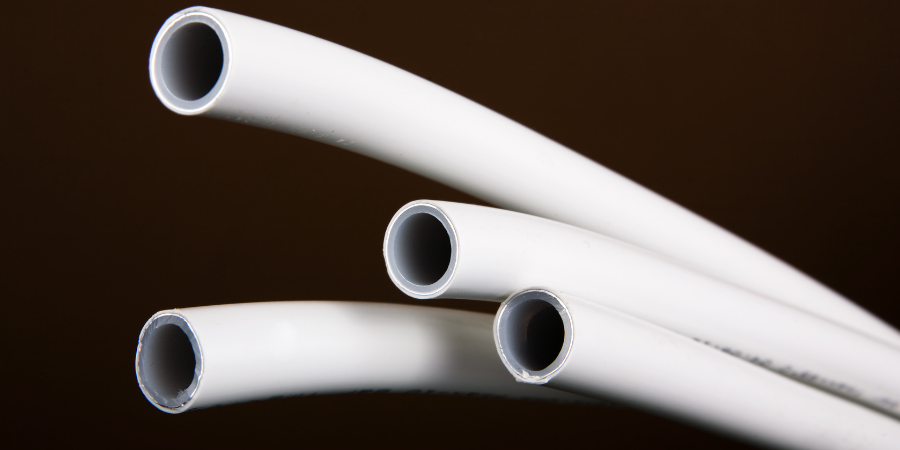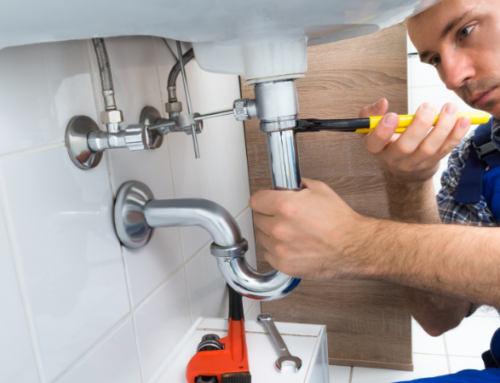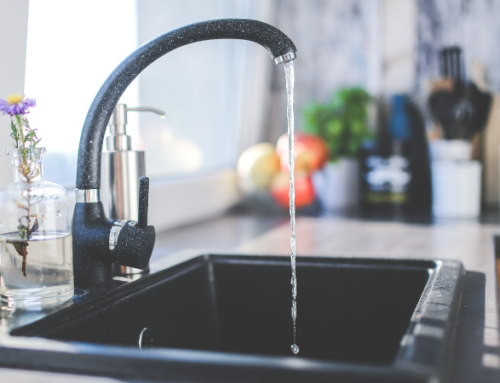Polybutylene pipes, also known as “polybutene” or “poly b” pipes, were a popular choice for residential plumbing installations during the 1970s and 1980s. However, these pipes have since been found to have a high failure rate and have now been banned in many areas as plumbing material. In this article, we’ll explore the reasons why polybutylene pipes fail and why they are no longer considered a safe option for plumbing systems.
Sensitive To Certain Chemicals
One of the main reasons why polybutylene pipes fail is due to chemical reactions. These pipes are made from a type of plastic that is sensitive to certain chemicals, such as chlorine and other oxidizing agents found in the public water supply. Over time, exposure to these chemicals can cause the plastic to break down, leading to pinhole water leaks, cracks, and other major leaks in the pipes.
Temperature Change
Polybutylene pipes are also sensitive to drastic temperature changes. They can become brittle and crack when exposed to freezing temperatures, which is not too big of a problem in North County. On the other hand, in high temperatures, the plastic pipe can become soft and lead to failures. This will especially happen when exposed to direct sunlight.
Failure With Age
Unlike PEX tubing which has a life span of 50 years, polybutylene pipes have a limited lifespan. With time, the plastic degrade, lose its strength and flexibility, and may become brittle. The average lifespan of poly-b is around 20-25 years, after which they must be replaced.
Looking To Repipe Your Polybutylene In North County?
We offer polybutylene repiping services throughout North County. If you are looking for a professional plumbing company to diagnose your home’s plumbing system, you’ve come to the right place! Contact Us Today to schedule an appointment to discuss your next repiping project.
